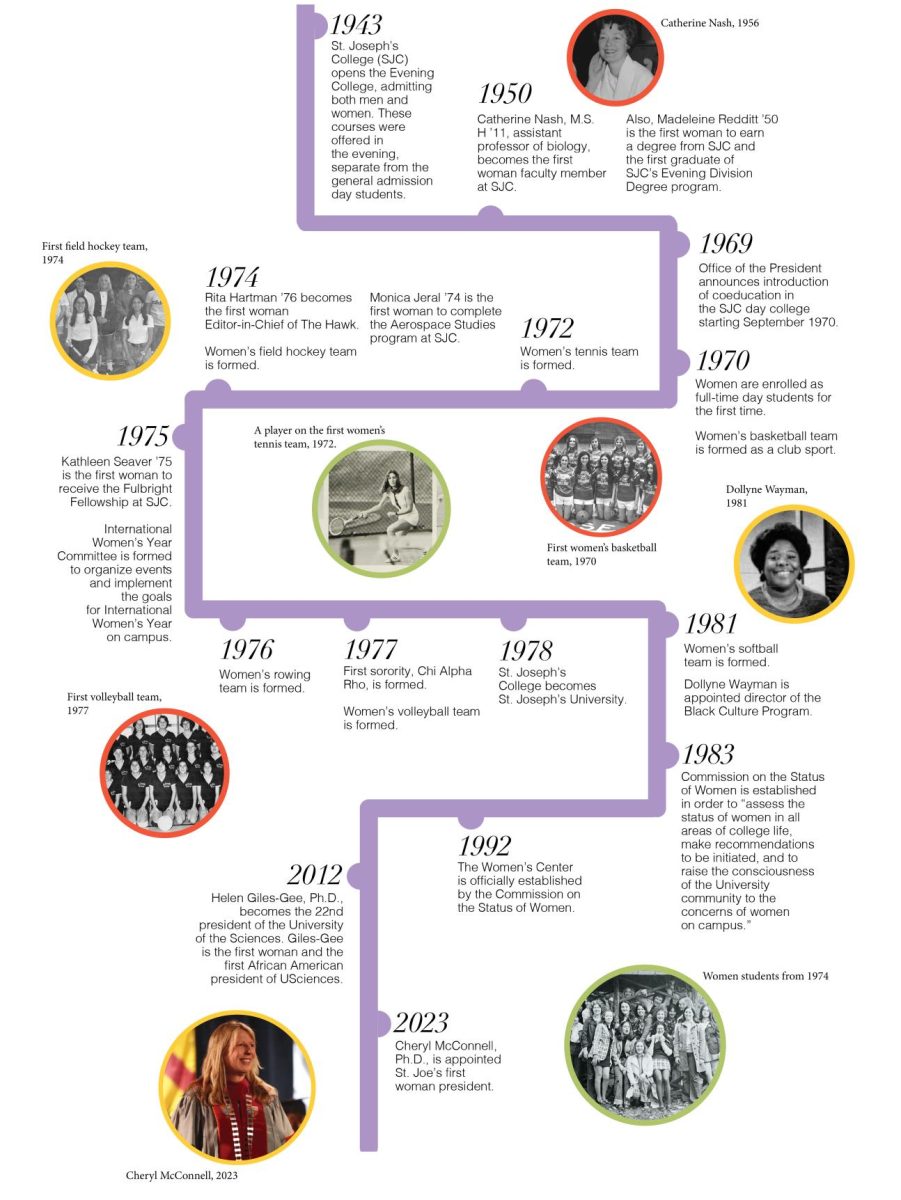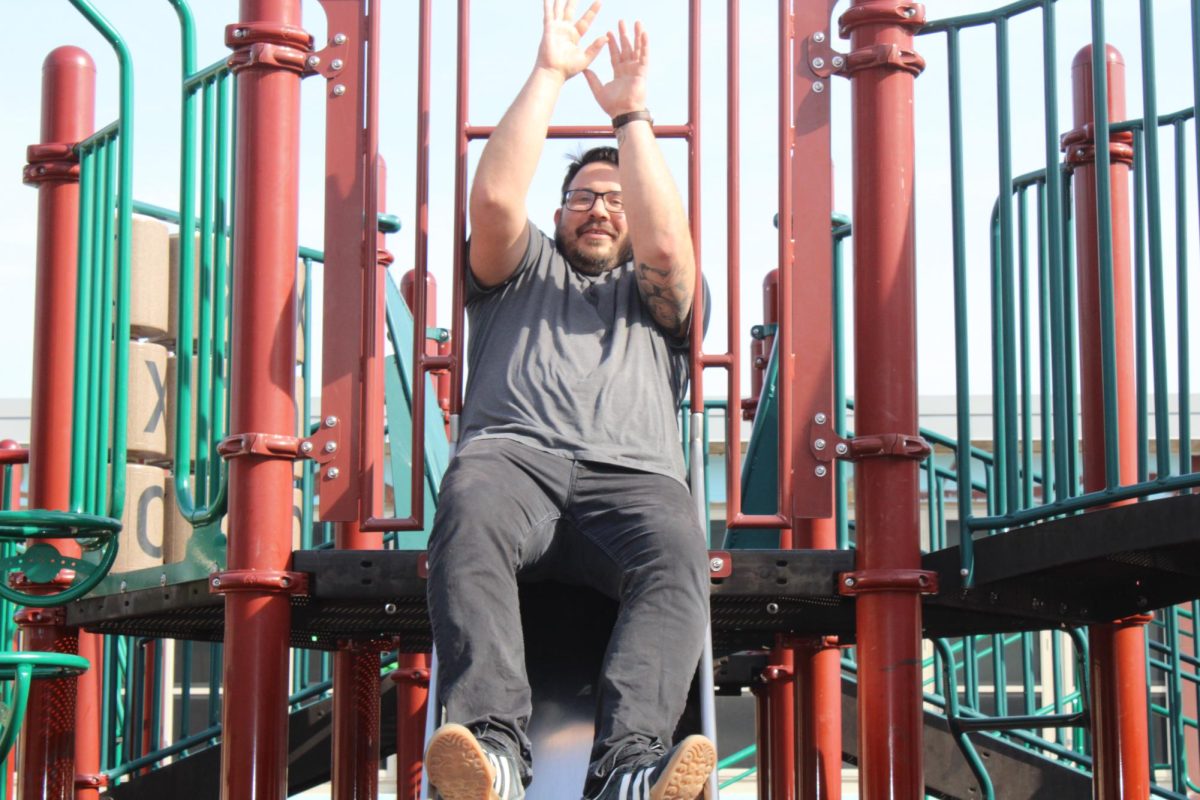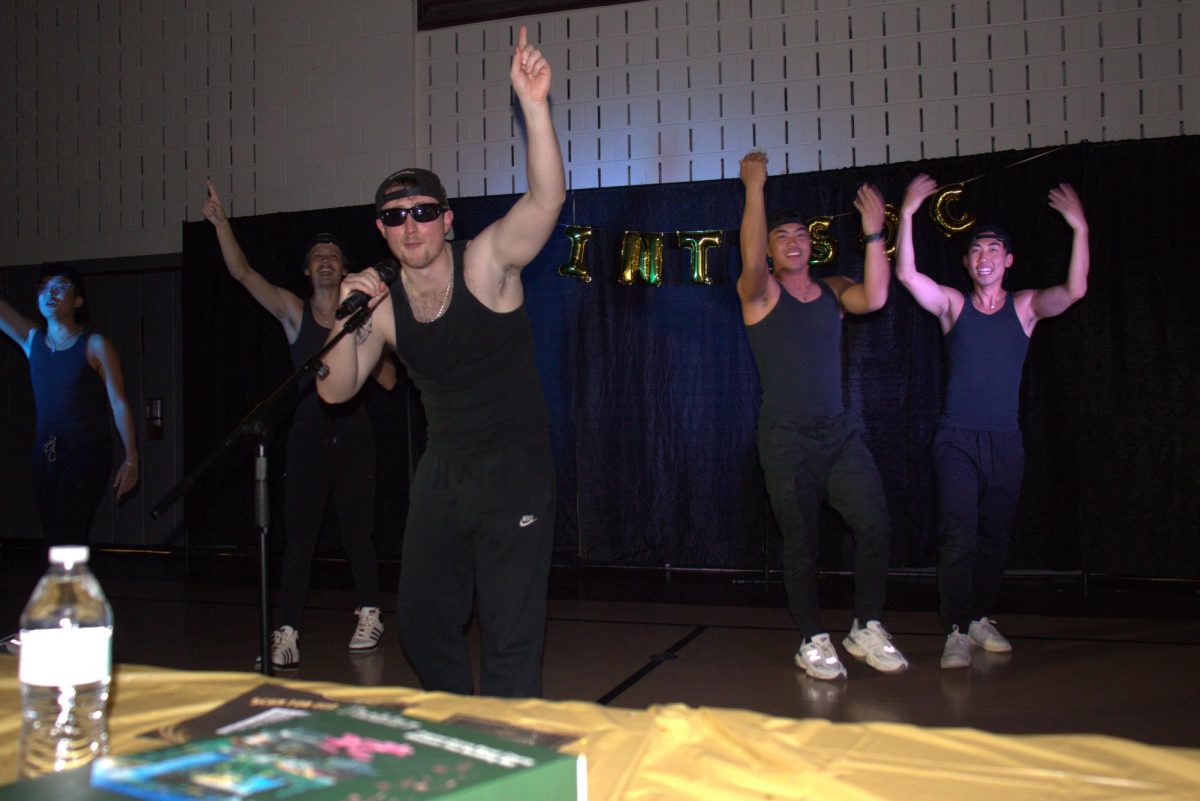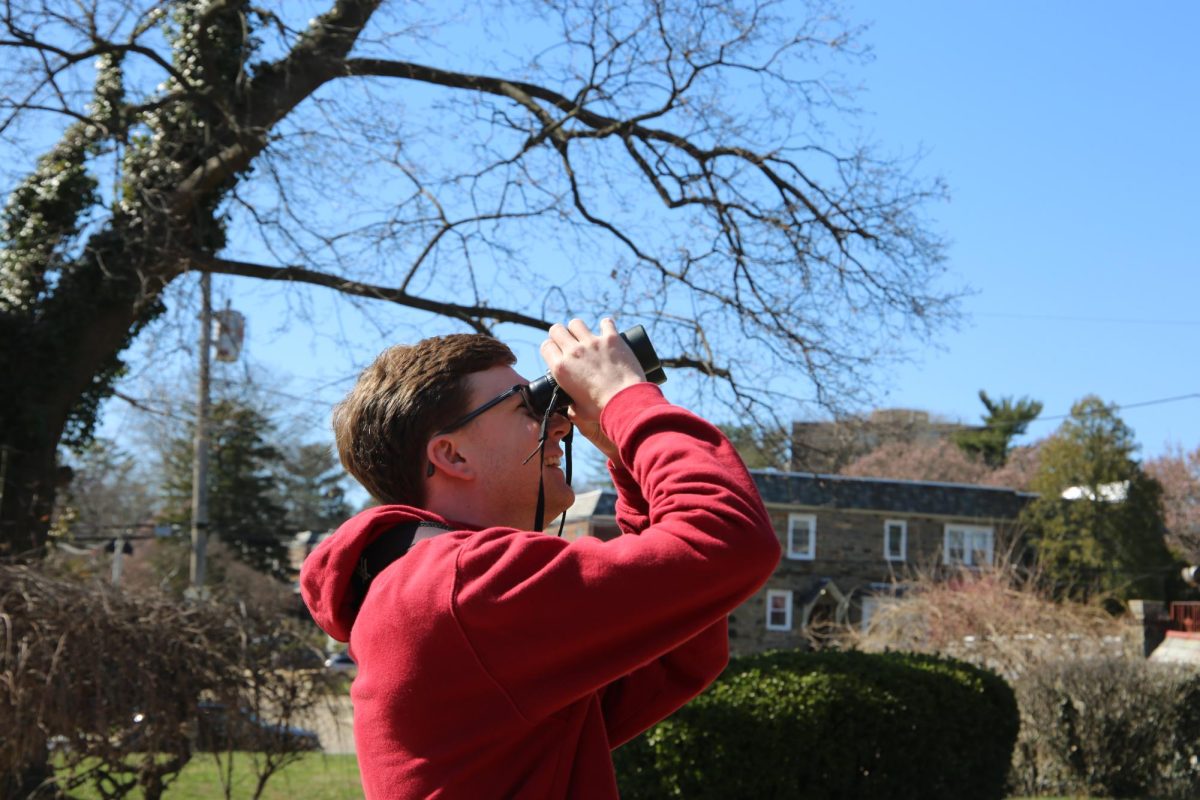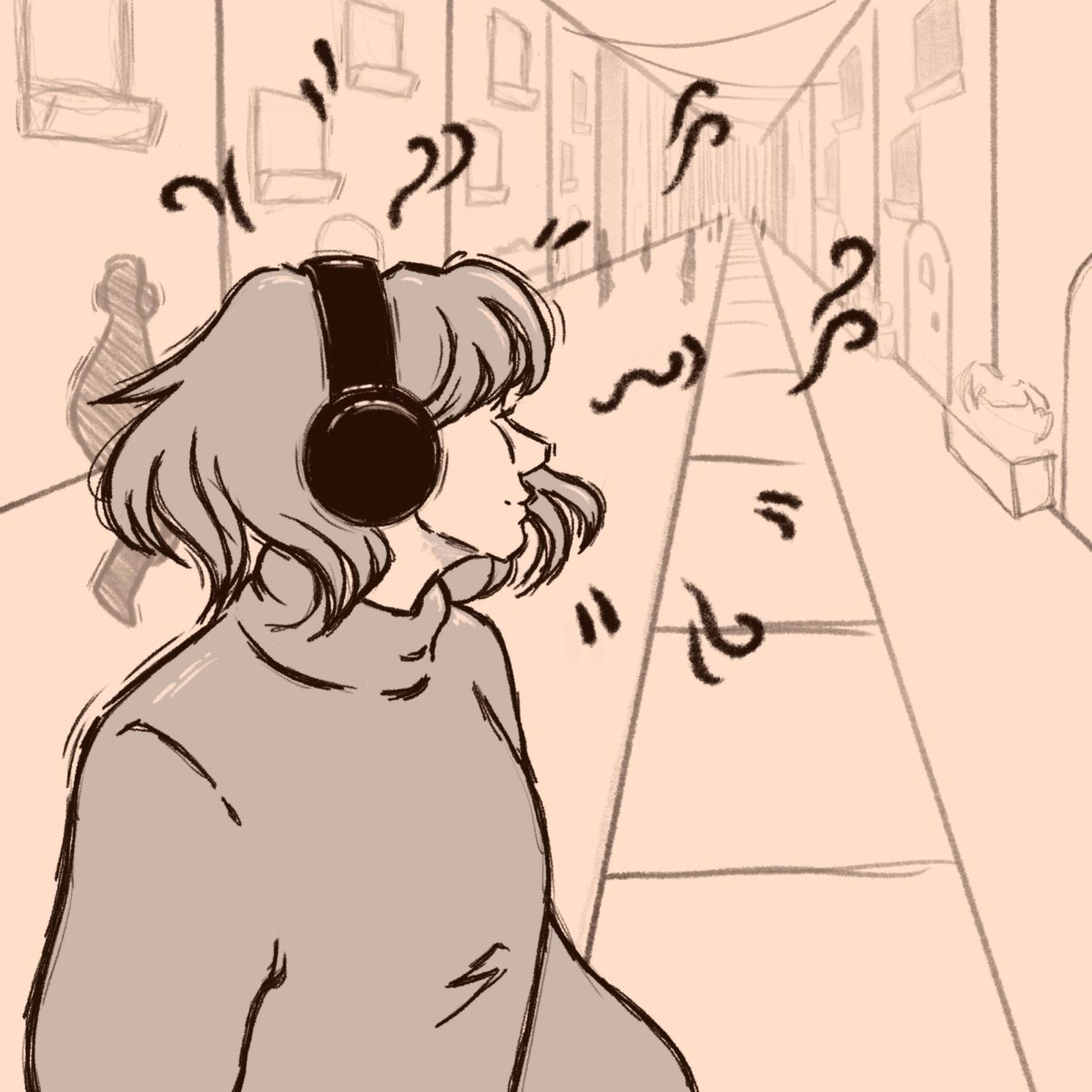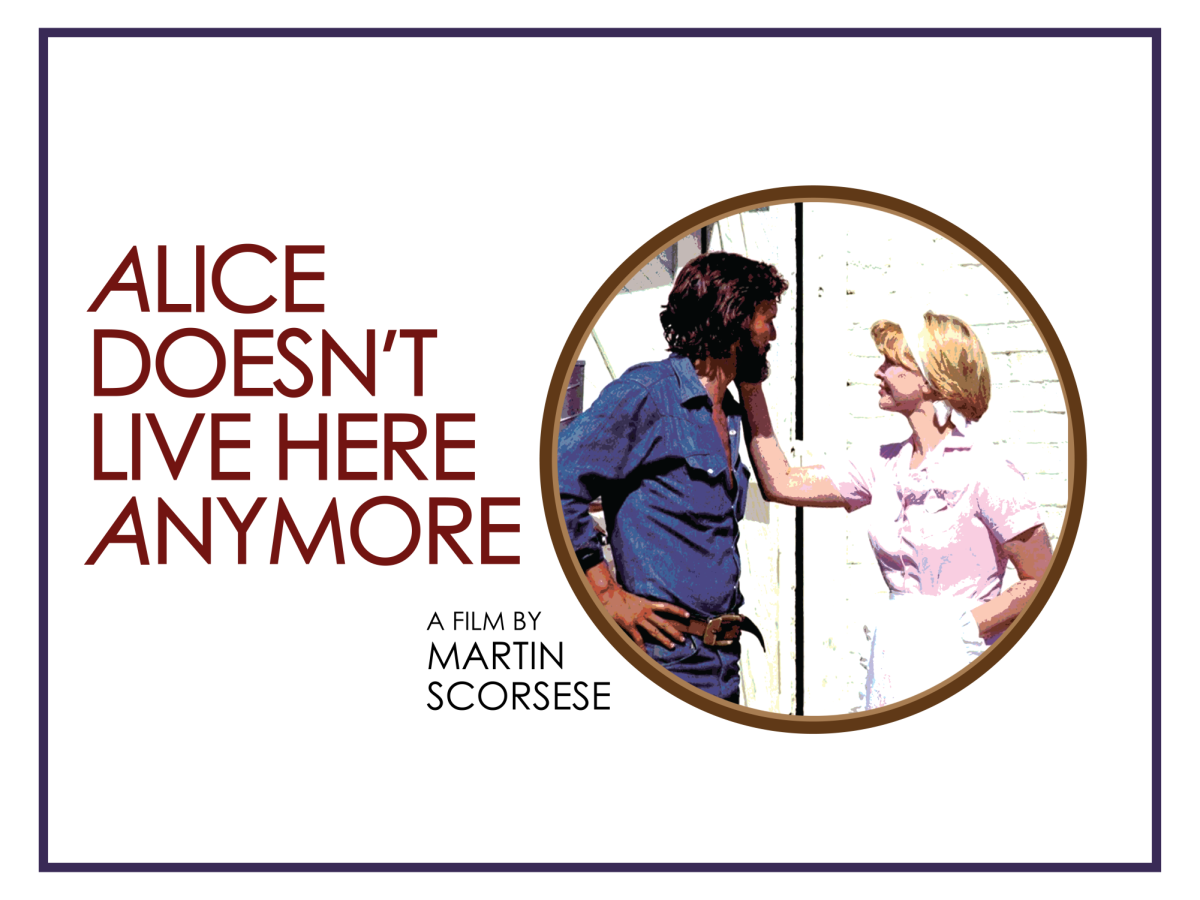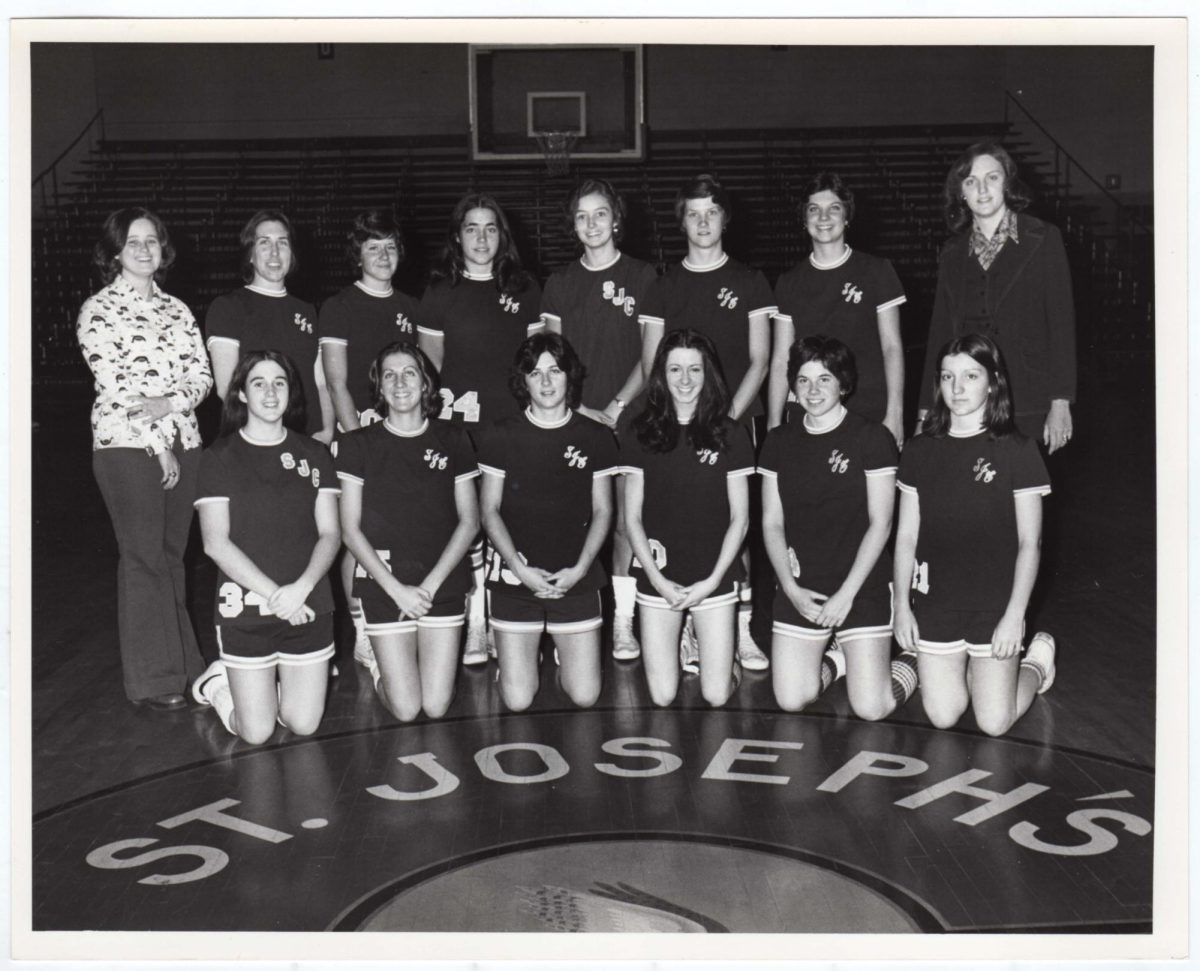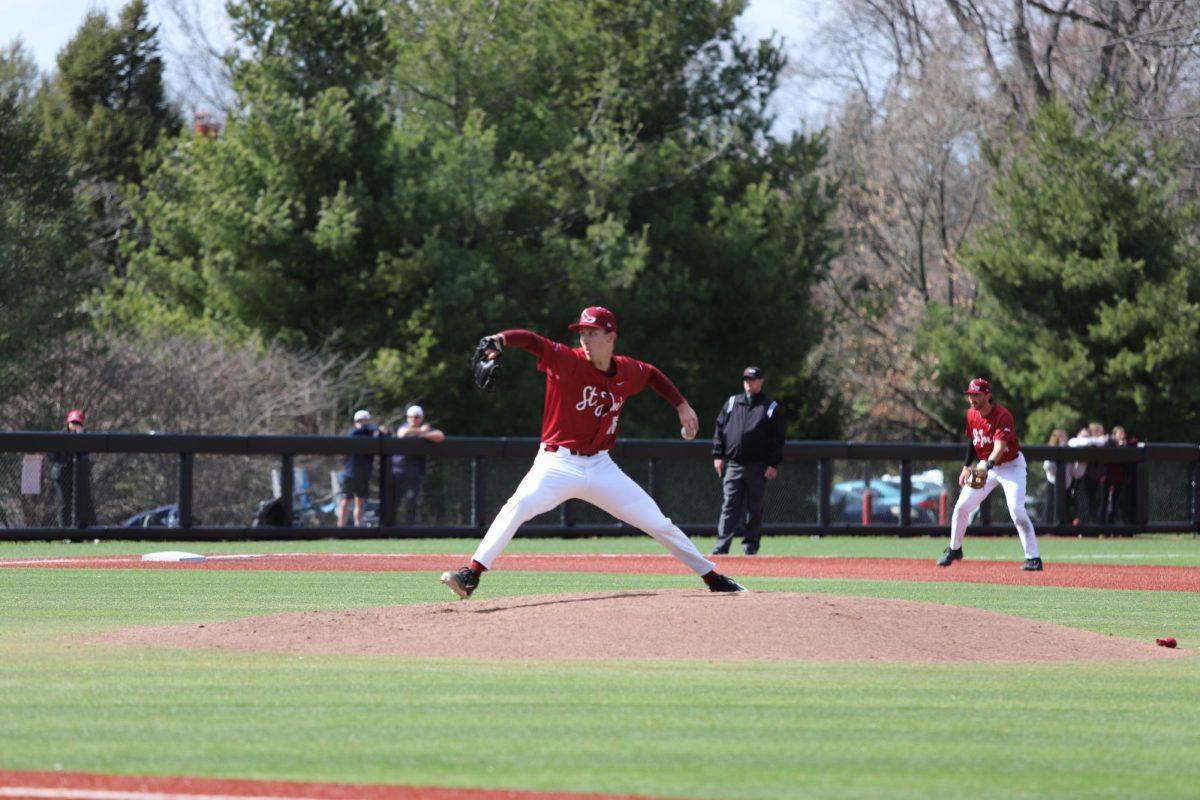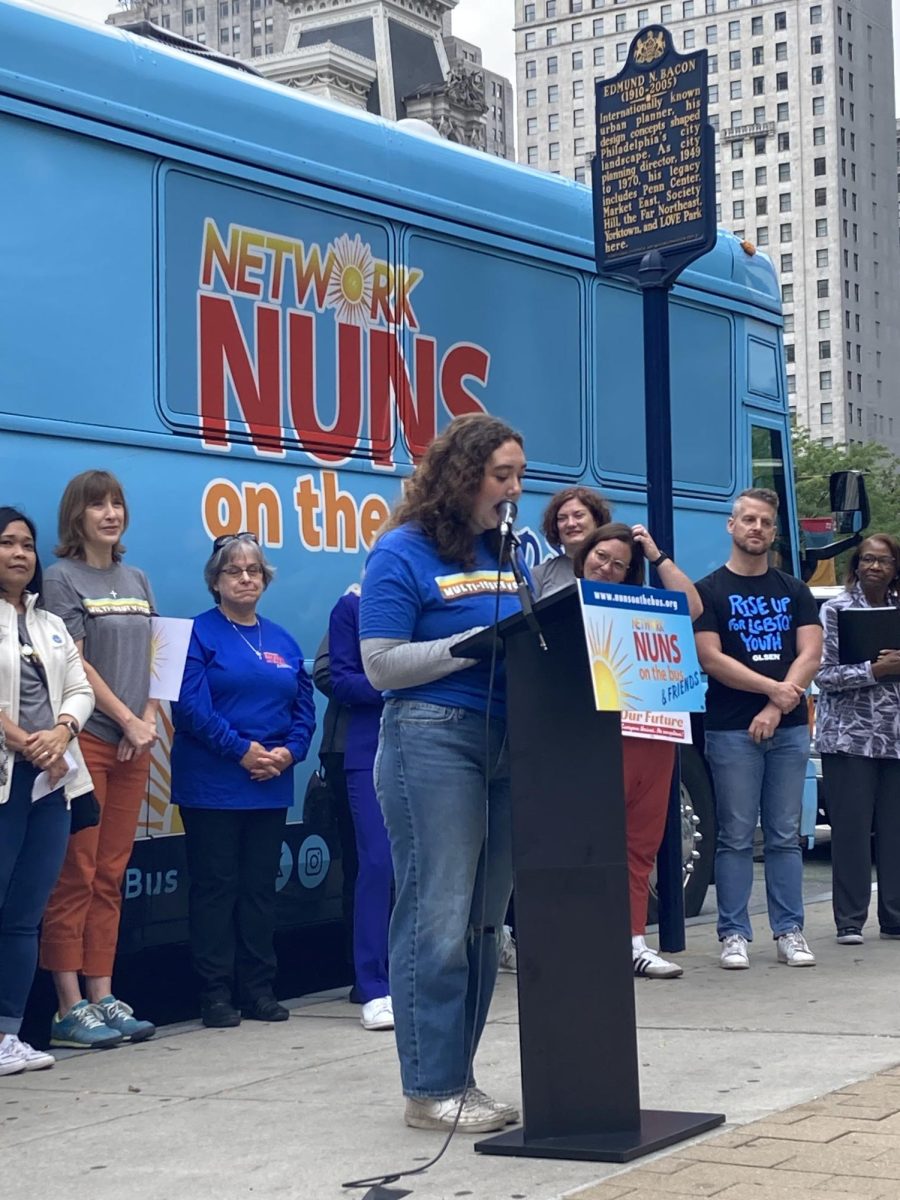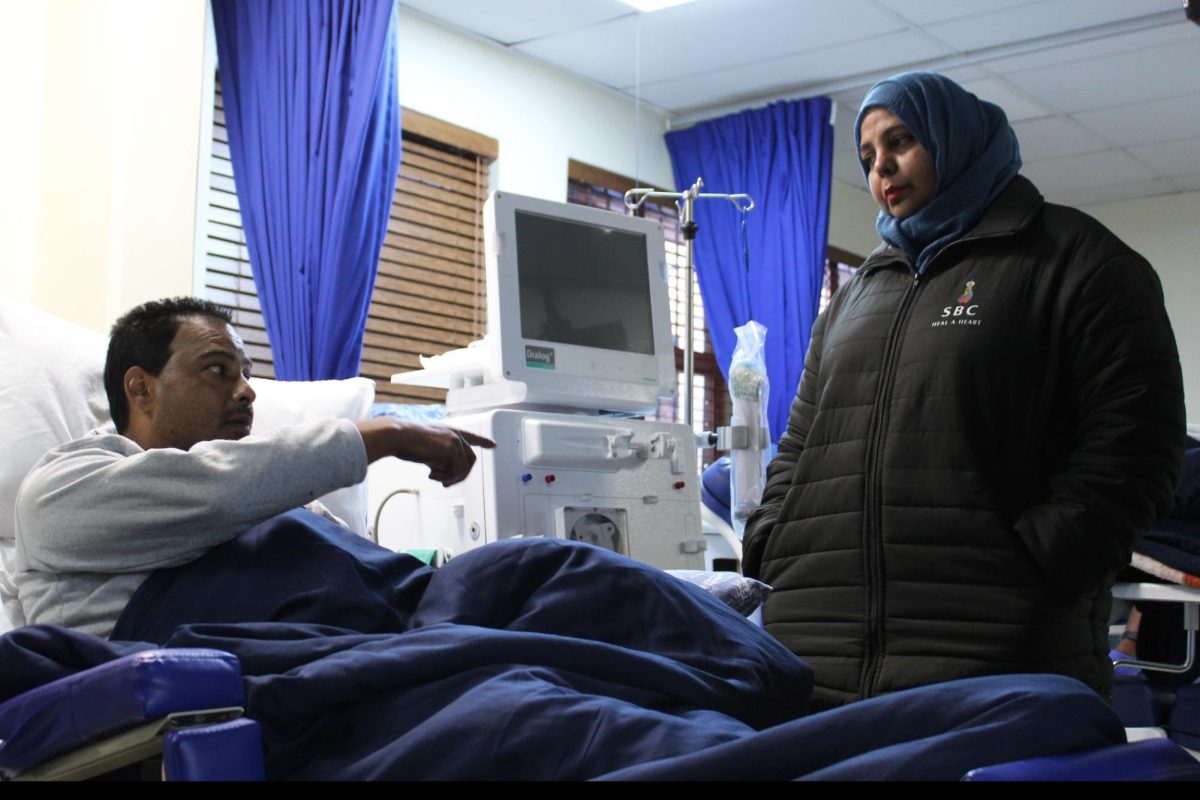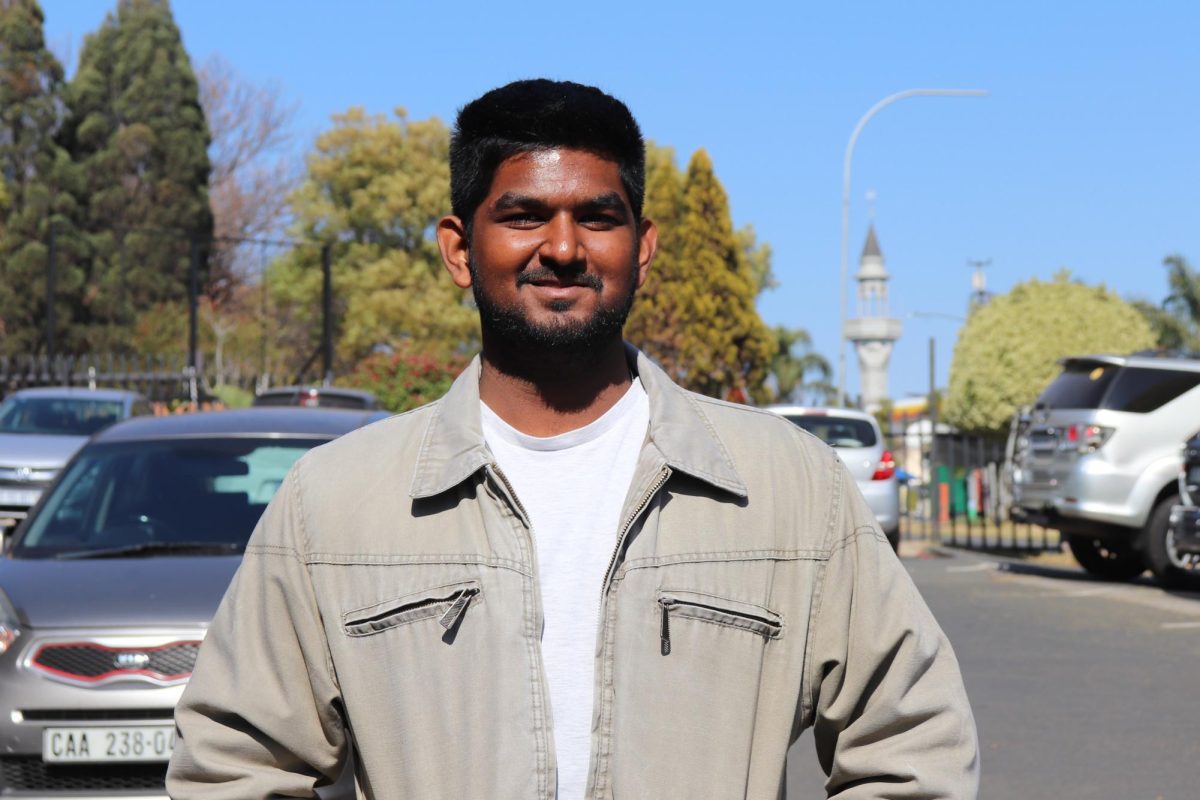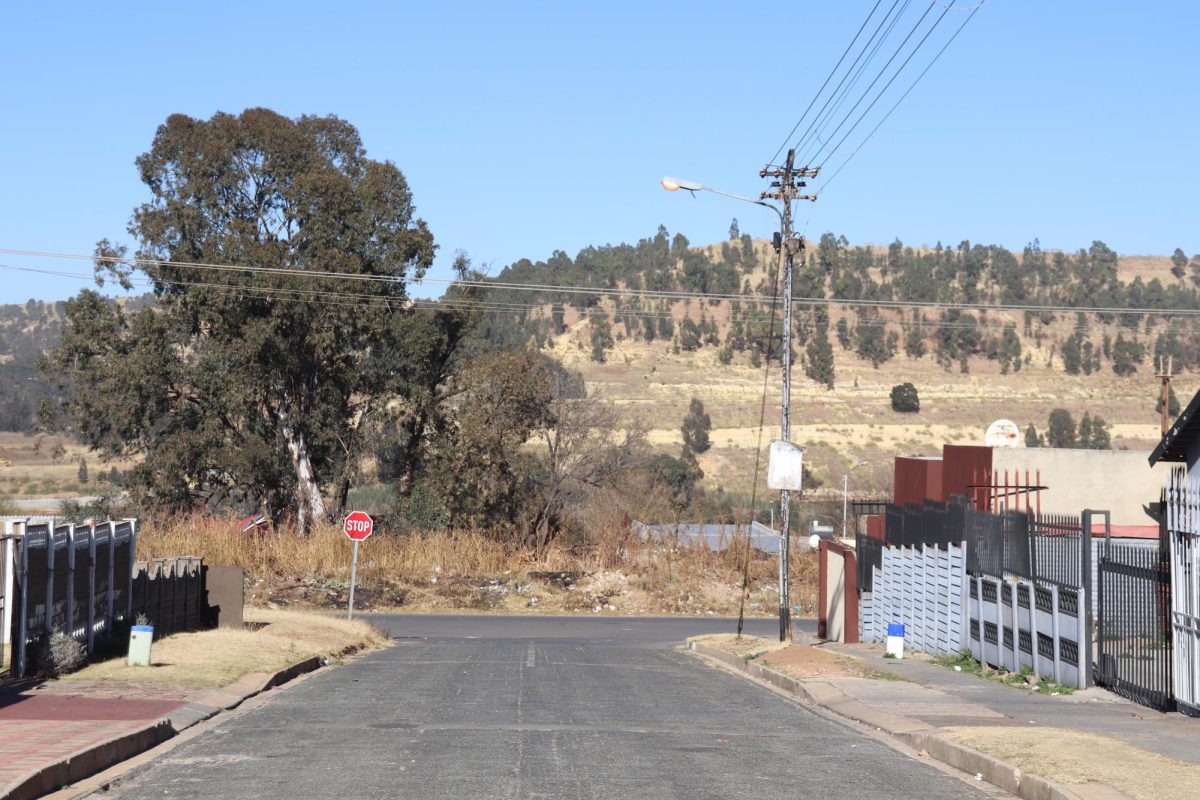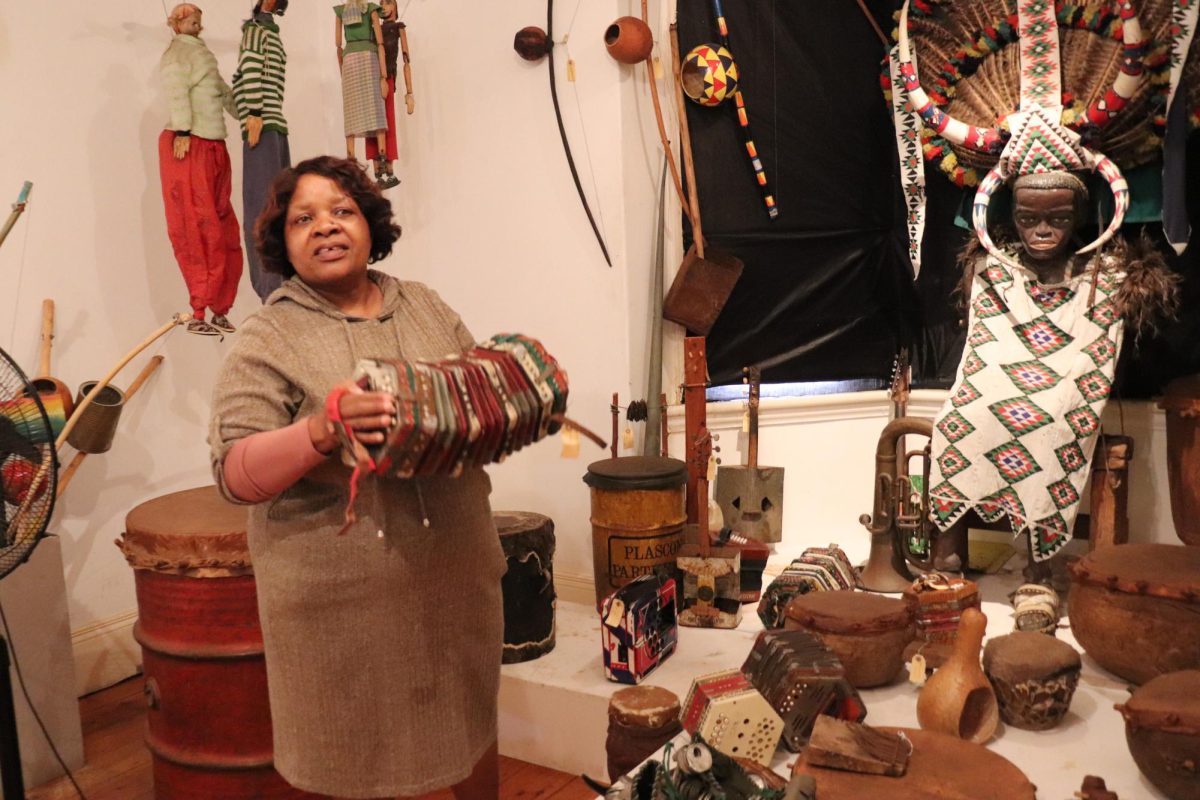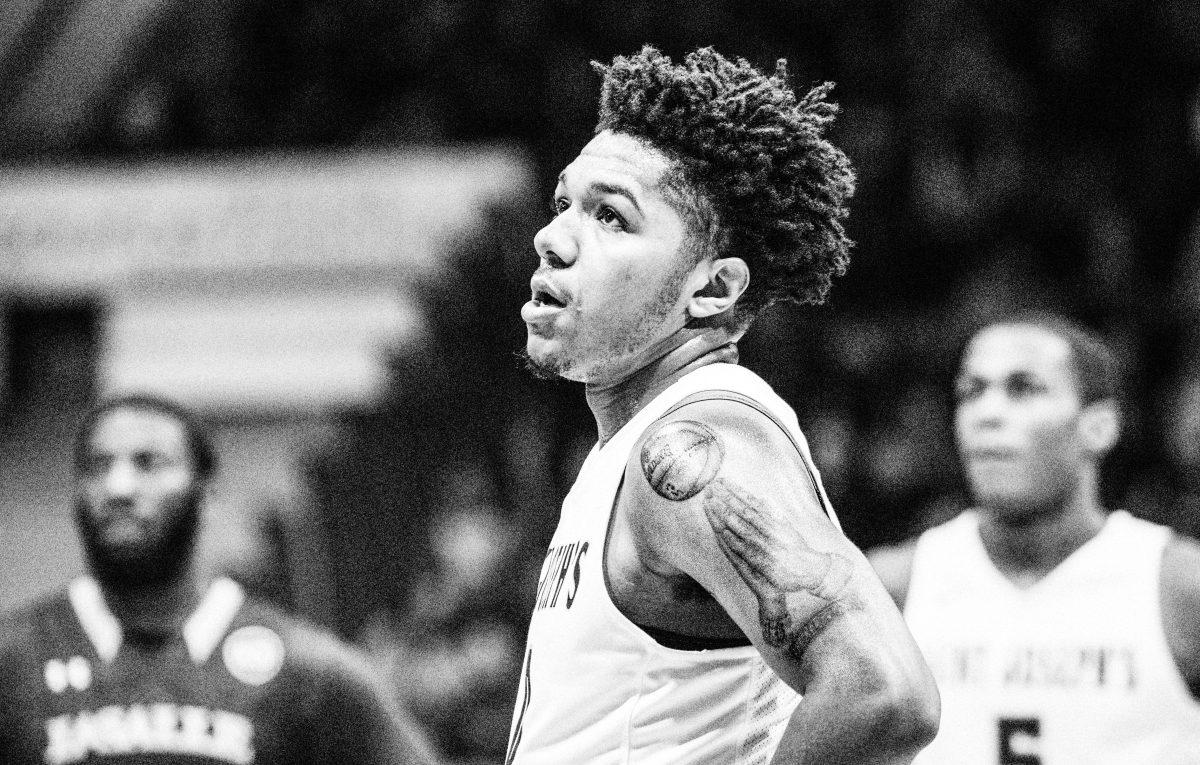Behind the success of Jesuit basketball
Sunday masses and theology classes are staples of Catholic colleges. At Jesuit universities across the country, one other tradition holds as true as religious identity – basketball.
Every year, come March, these small Jesuit institutions show their faithful devotion to basketball, consistently proving to be fierce contenders.
Jesuit schools have historically been disproportionately successful in basketball, especially during “March Madness”. Of the 351 Division I college basketball teams, 20 are Jesuit. Every DI Jesuit school has made the NCAA men’s basketball tournament, and Jesuit teams make up five of the 35 schools that have won the tournament championship.
Deanna Howes Spiro, director of communications for the Association of Jesuit College and Universities (AJCU), attributes the historical success of Jesuit basketball programs in part to the presence of Catholic Youth Organization (CYO) basketball.
“There’s a very rich history in the United States of Catholic youth basketball leagues,” Howes said. “This starts at the grade school level and then colleges become a natural extension of that.”
Frank Allocco, associate athletic director at the University of San Francisco, who is also the administrator of the East Diablo CYO League, believes that many Jesuit basketball teams are packed with players who have CYO roots. For Allocco, the playing experience is important, as are the valuable life lessons.
The Catholic basketball tradition can be traced back to the early 1900s. An influx in Irish, Italian and Polish immigrants who lived in urban areas resulted in a culture of basketball among the poorer community. In Catholic urban schools, basketball became the sport of choice, foregoing football because of the expense.
Jesuit schools, which were one of the first orders of educators within the Catholic Church, became the culmination of this Catholic youth basketball upbringing. Now, basketball is part of Jesuit DNA.
William Rickle, S.J. who serves as the chaplain to the St. Joe’s athletic department, believes the institutional values of St. Joe’s, rooted in catholic and jesuit tradition, tie closely to basketball.
“When we just had schools for young men one of the sayings was, ‘You never know a student fully until you’ve seen him on the field or on the court’,” Rickle said. “And that is a reflection on the fact that ‘care for the whole person’ means seeing that student in all the dimensions of their life and not just the classroom.”
Jesuit institutions are now using basketball as a way to highlight what makes their schools unique.
Rickle believes that how the team performs, not just in terms of winning games, but in their respect for the sport, each other and their opponents, can help present the institutional values of St. Joe’s and its Jesuit identity.
“Watching the coaches and their interactions with the players, they’re constantly urging them to practice teamwork, to have personal integrity, to be able to think on their feet, both on the court and off,” Rickle said. “If our players exhibit those characteristics that really does shine fourth, because not all teams do that.”
According to Rickle, Jesuit schools are connected both through their institutional and catholic values as well as through basketball.
Joe Lunardi ’82, ESPN “bracketologist” and director of marketing and broadcast services for the athletic department, wanted to figure out just how connected Jesuit basketball teams were. What he discovered was that Jesuit teams compete almost 100 times per season when you combine men’s and women’s games.
The AJCU, with the help of Lunardi, established the Jesuit Basketball Spotlight (JBS) to use basketball as a way to shed a light on Jesuit higher education.
According to Howes, the goal of the program is to use basketball as a vehicle to raise awareness of Jesuit education. The ultimate goal is to someday host an all Jesuit basketball tournament.
For now, Jesuit schools are using the spotlight of the NCAA tournament to show the country what it means to be Jesuits.
Allocco believes Jesuit teams are “modeling how to play the right way and for the right reasons.”
Graduate student Amanda Fioravanti, a forward on the St. Joe’s women’s basketball team, said acting selflessly on and off the court has led to success in the game and in life.
“Being on a jesuit team challenges you to be more and do more for others,” Fioravanti said. “It’s not all about yourself. As a team you face a lot of challenges and you come together and you conquer that together.”
This year, Loyola University Chicago has turned heads with their run to the Final Four. On the sideline sits their 98-year old chaplain, Sister Jean Dolores Schmidt. Each game she leads the team with a scouting report – and a pre-game prayer.
Some are calling it a “cinderella” story, but there’s no fantasy to the team’s accomplishments. It’s the same grit, and devotion that’s been behind Catholic basketball success since before the CYO days.
Perhaps the holy grail of basketball culture still lies in the humble abode of Jesuit gyms and their faith-filled approach to the game.

